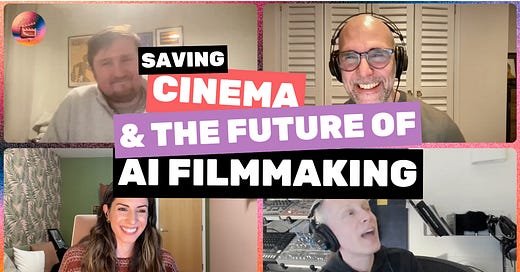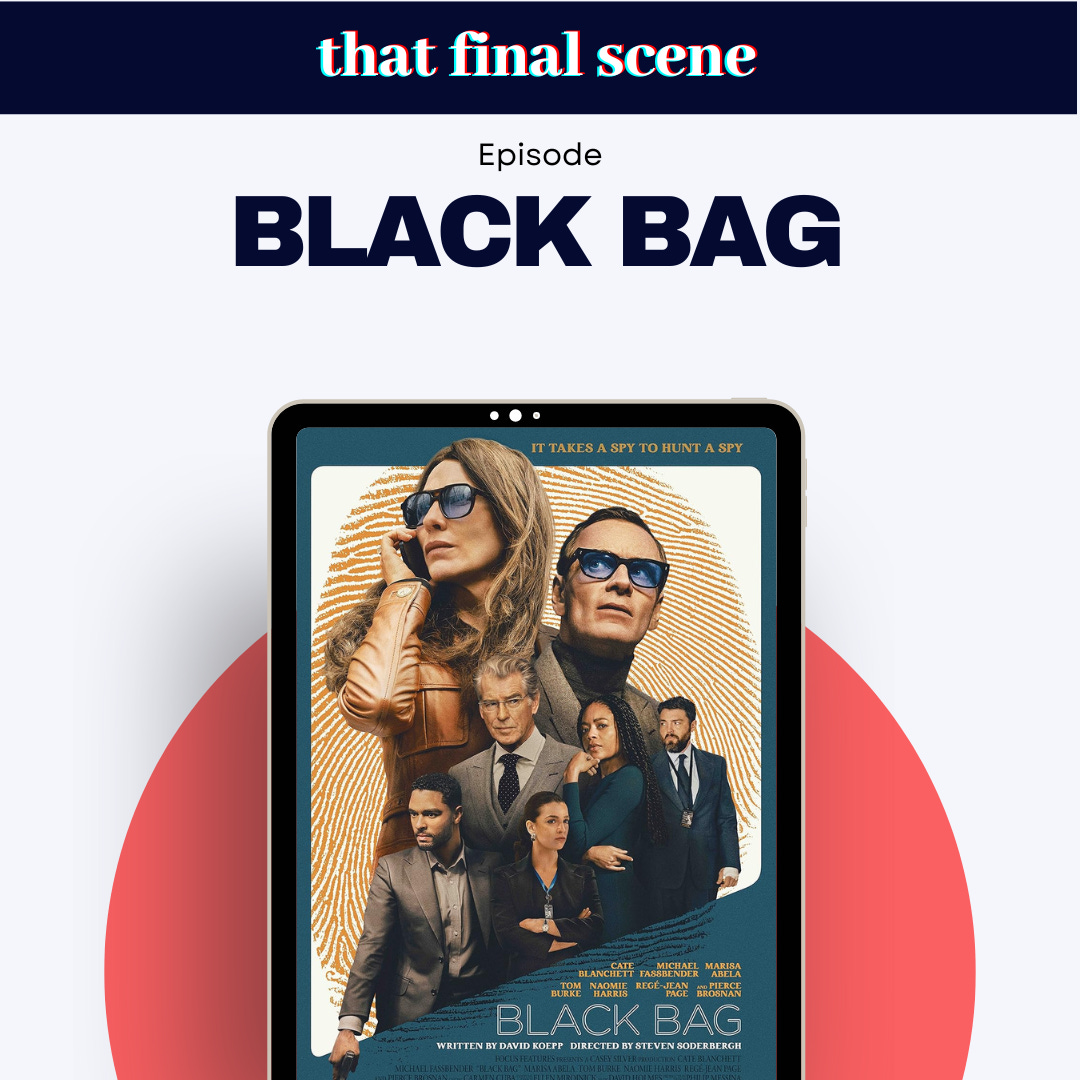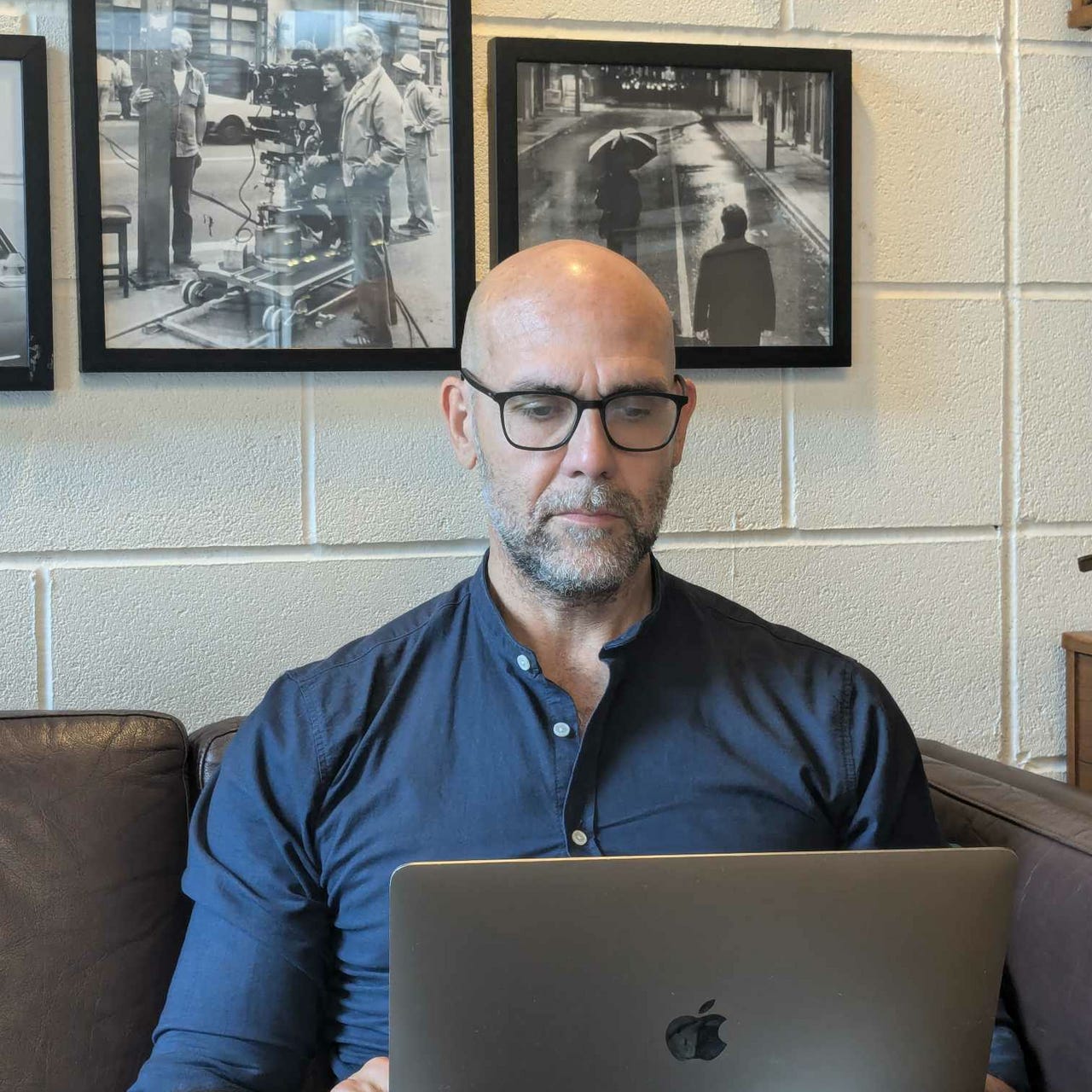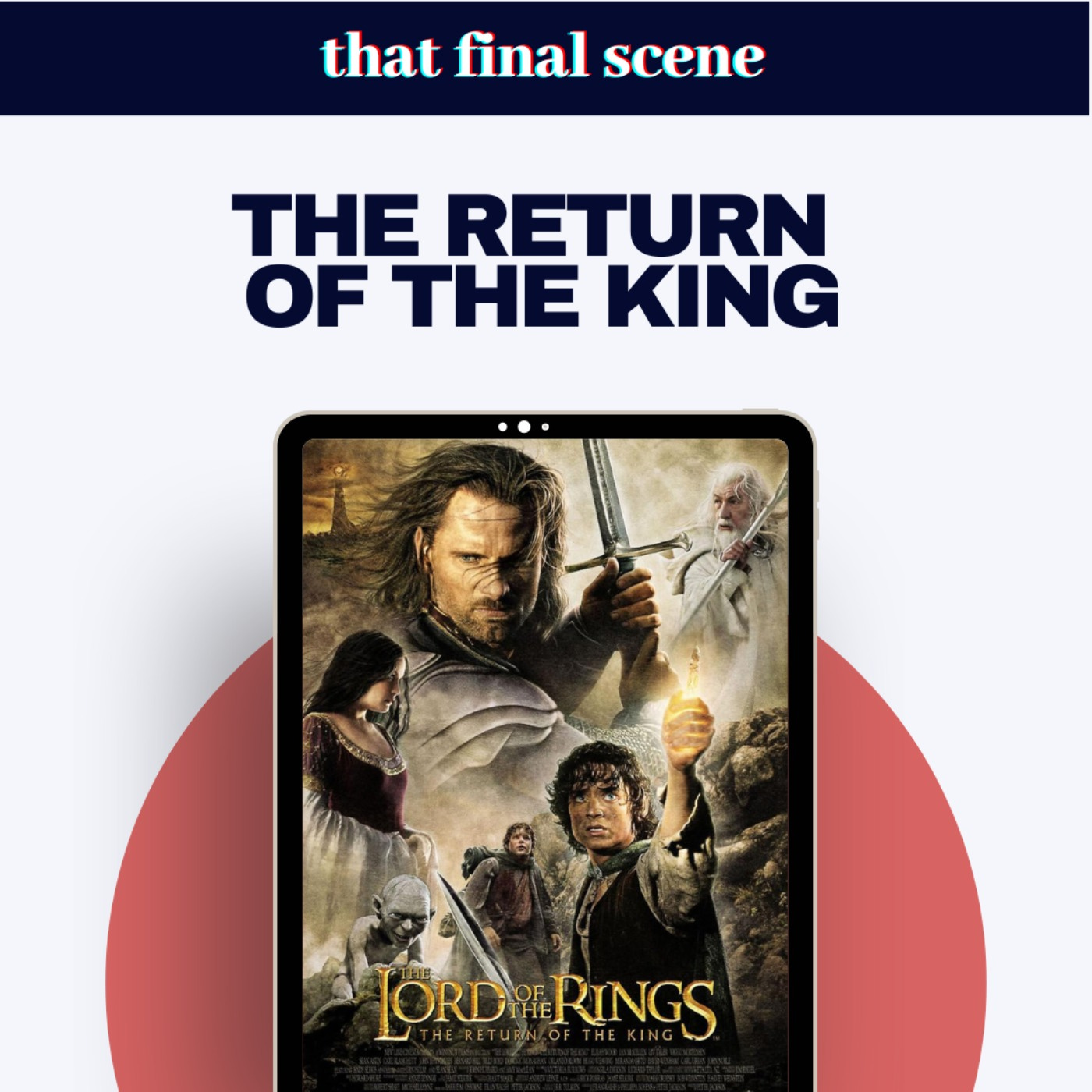I'd like to think I'm a reasonable person. I don't expect everyone to care about cinema as much as I do. But every now and then, when I see someone watching a film on their phone with subtitles off while washing dishes, a small part of my soul withers away like a plant that's been watered with coffee.
In our latest TFS episode, we were joined by
—fellow Substacker (hello ), educator, podcaster, researcher, and creative practitioner to talk about cinema's uncertain future and AI's complicated role in it. The conversation ranged from the latest films we've been watching (including some honest thoughts on Mickey 17 and A Real Pain) to deeper questions about why empty theaters are becoming the norm rather than the exception (this conversation hugely inspired my death of cinema series).the usual movie & tv chit chat
Ben kicked things off by expressing his fatigue with "Trump-coded villains" in recent entertainment—specifically the way both Mickey 17 and Daredevil: Born Again feature antagonists clearly modeled after a certain former (and potentially future) president. It's beginning to feel less like commentary and more like a tired trope.
Simon shared his experience with A Real Pain, Jesse Eisenberg's directorial effort about a Jewish heritage tour. "I found it quite moving," he noted, highlighting how the film manages to navigate sensitive subject matter while maintaining genuine humor. The scene where Kieran Culkin's character convinces the tour group to participate in a potentially inappropriate photoshoot demonstrates the film's delicate balance—showing how his infectious energy can "galvanize them all and get them to become vulnerable."
Dario recommended Black Bag, describing it as Soderbergh doing what he does best—taking genre conventions and executing them with precision. "You understand that you're in the hands of somebody who knows exactly what they're doing," he explained, noting how Fassbender and Cate Blanchett are "effortlessly cool" throughout.
our ongoing cinema crisis
The heart of our conversation centered on the existential crisis facing movie theaters. With empty screenings becoming the norm and streaming services offering endless content at home, what will bring audiences back to the cinema?
"The current experience doesn't offer you before and after that is actually quite appealing," I noted, pointing out how theaters rush you out immediately after the film ends rather than creating spaces for discussion and connection. This type of experience—having meaningful pre-and-post viewing rituals—feels almost entirely absent from modern moviegoing.
Ben recalled the electric atmosphere of packed screenings: "When I was a kid and you go to the cinema and the whole cinema would be excited for what they're about to see. It was, like, throbbing." That communal experience—laughing together, feeling tension together—has become increasingly rare. The last time he experienced a truly packed theater? "Oppenheimer. And that's what, like, a year and a half ago."
We also batted around several ideas for revitalizing cinema culture.
ai & the future of film
The conversation shifted to Dario's fascinating AI video essay "Do You Want to Hear It Talk?" which explores how speaking machines are represented in science fiction cinema (Dario has written about it here). Using AI-generated visuals and narration, the project envisions a future teacher instructing students about historical human-machine relations through classic film clips.
"I wanted to make this video and try and make a character that was—I mean, the conceit is this is a teacher from the future, like, a hundred years from now, who is teaching humans about how to get on with machines," he explained.
When asked if AI might eventually replace filmmakers, Dario expressed skepticism: "We're way, way, way away from that." While certain aspects of production (visual effects, sound correction) are being made more efficient through AI, we're nowhere near computers creating feature films without human guidance.
my favorite takeaway
I loved listening back to this quote from Dario: "Maybe the very notion of entertainment is going to change completely... Maybe that's because of what's going on with AI in films and television. People are like, 'You know what? I just want to communicate with another human being or watch another human being being human,' and that's now going to be our next cycle of entertainment."
Until next time, I'll be the one in the back row of an empty theater, stubbornly believing in cinema's future while enjoying the temporary solitude.
Find Dario's work at his Substack Contrawise:
And through The Cinematologists podcast: https://dariollinares.substack.com/s/the-cinematologists-newsletter-archive
His new interview series Cinema Body, Cinema Mind explores our physical relationship with moviegoing:
https://dariollinares.substack.com/s/cinema-body
timestamps
00:00 Introduction and Guest Introduction
05:08 Dario's Journey in Film and Academia
09:56 Cinema and Television Reviews: Mickey 17 and Daredevil
15:04 Exploring Themes in Recent Shows: White Lotus and Adolescence
22:09 Celebrating Performances: Kieran Culkin's Oscar Win
23:13 The Art of Casting: Creating Chemistry in Film
24:31 Entertainment Value: The Appeal of Spy Thrillers
25:39 The Need for Pure Entertainment in Cinema
29:27 Rethinking the Cinema Experience
33:07 The Social Aspect of Watching Films
37:17 The Diminishing Cinema Experience
39:36 The Impact of Streaming on Cinema
41:59 The Loss of Medium Budget Films
42:12 Rethinking Cinema's Value Proposition
45:13 The Cost of Cinema vs. Streaming
48:51 Creating Unique Cinema Experiences
52:34 The Future of Film and AI
01:00:28 Exploring AI in Cinema
01:12:54 The Evolution of Sci-Fi Perspectives
01:14:14 AI and Human Creativity in Filmmaking
01:17:56 The Future of Film Credits and AI's Role
01:20:59 Student Reactions to AI in Filmmaking
01:23:55 Hopeful vs. Dystopian Scenarios for AI
01:25:25 The Changing Landscape of Cinema and Storytelling

















Share this post